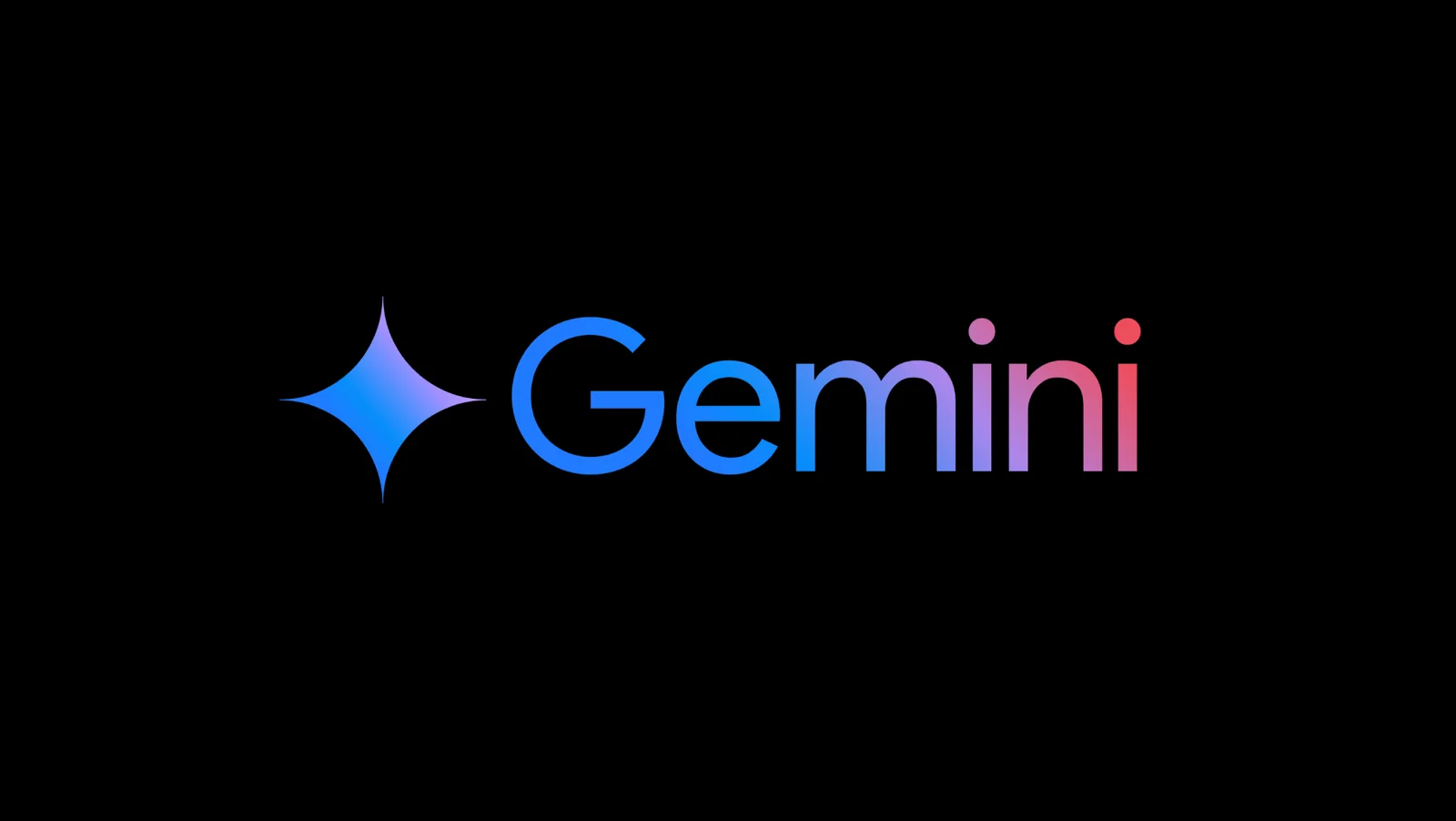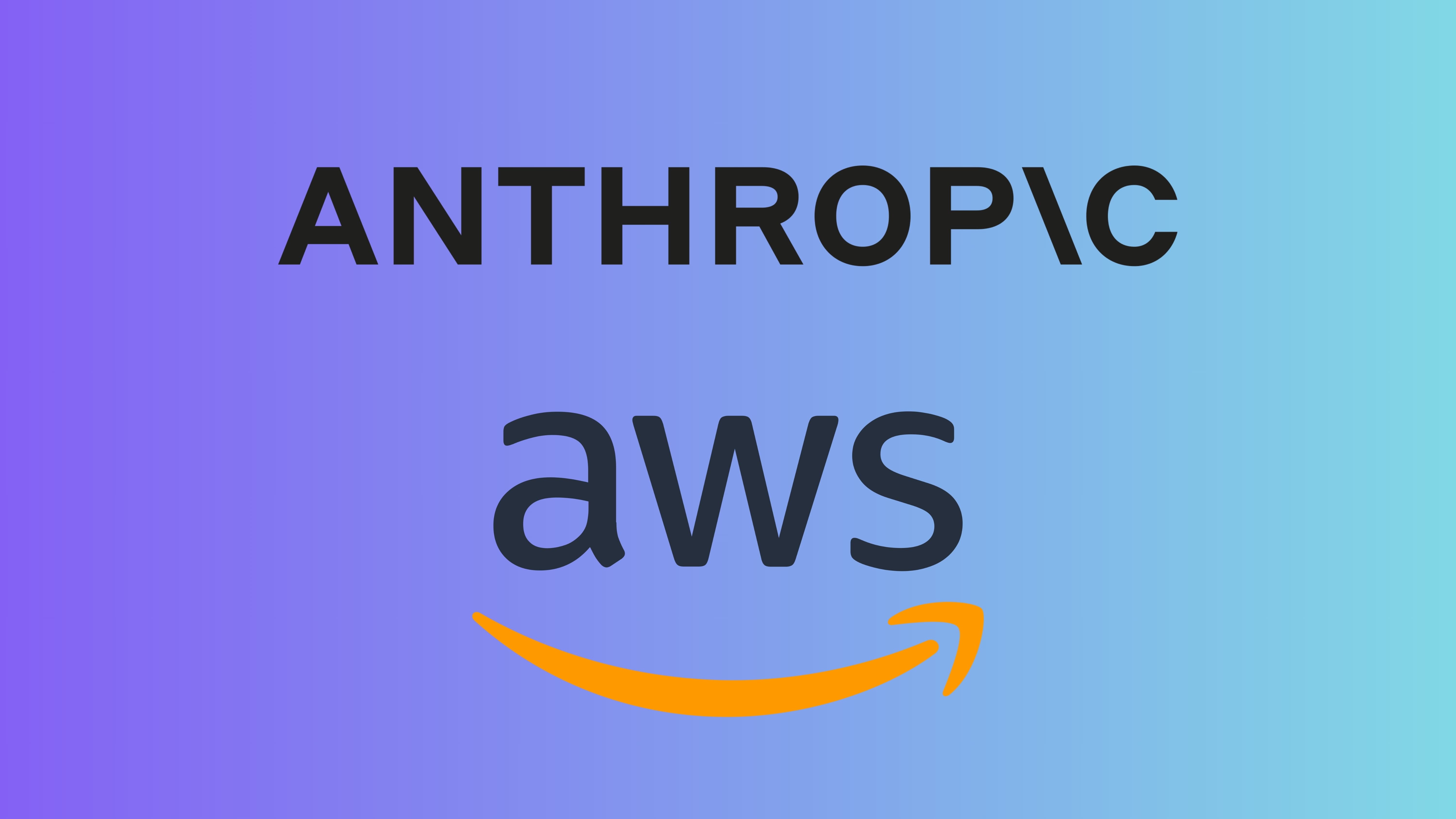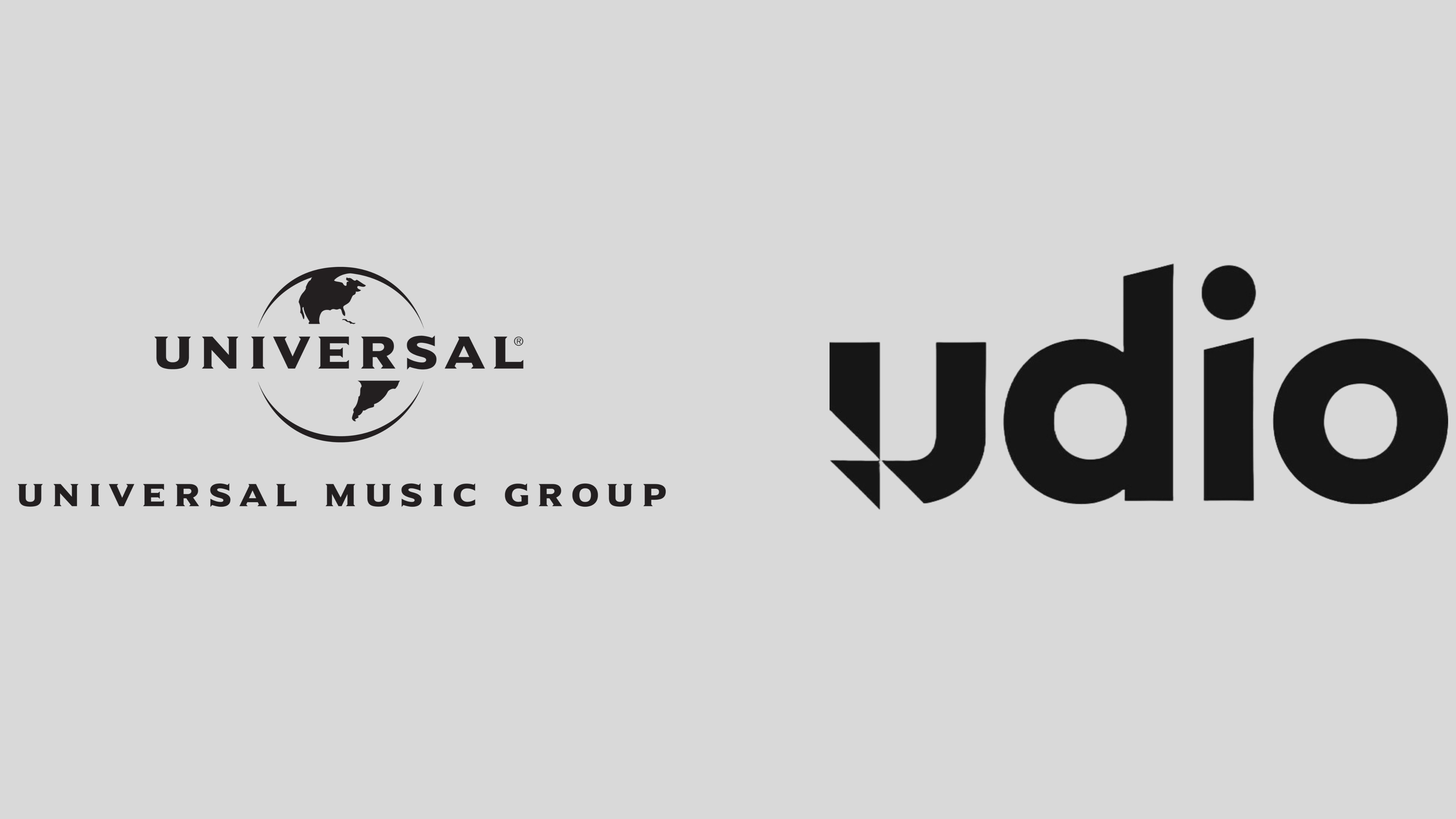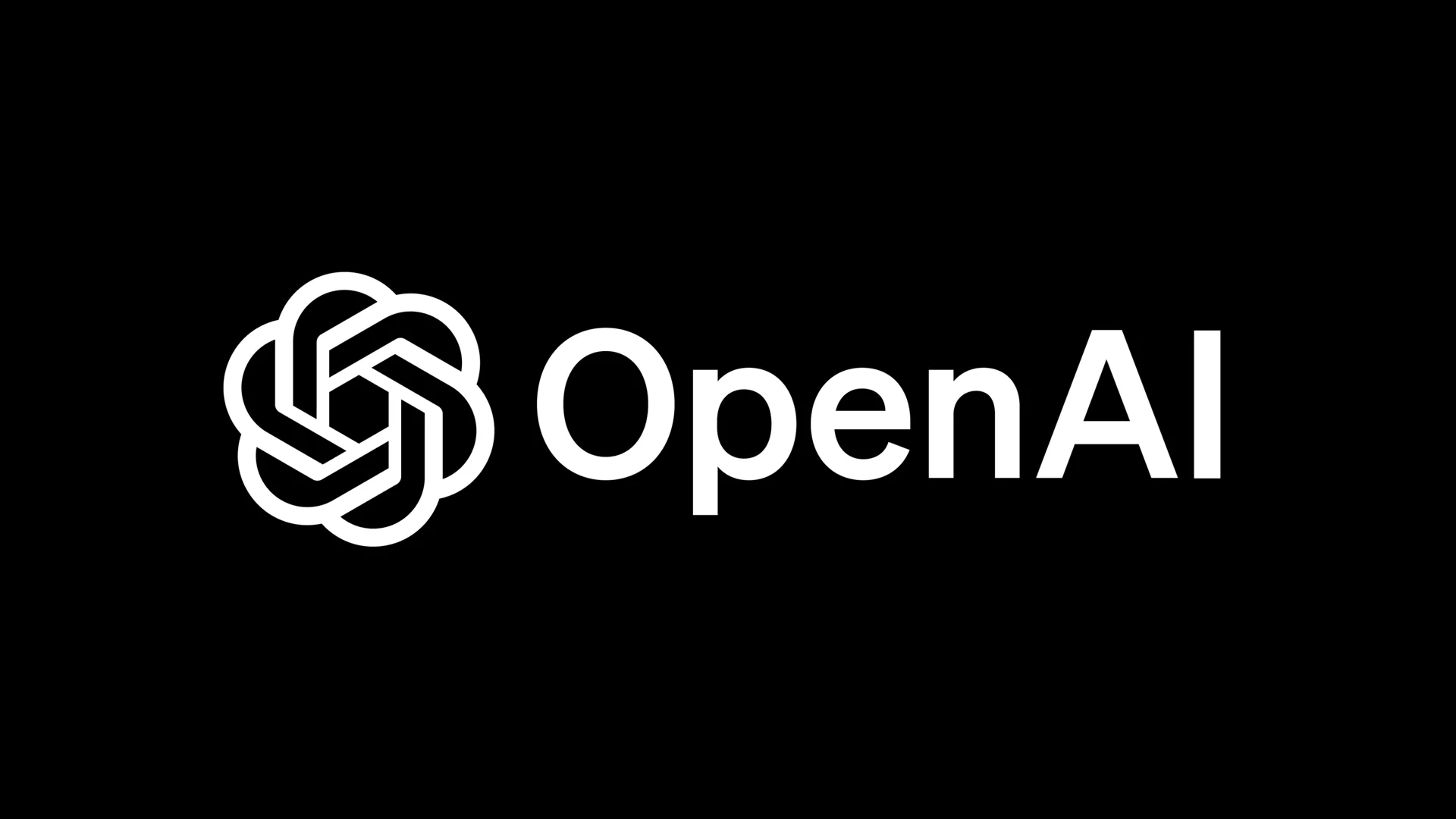A mobile clinic powered by NVIDIA AI is bringing life-saving breast cancer screenings to women in rural India.
The Health Within Reach Foundation, in partnership with Dallas-based startup MedCognetics, operates the Women Cancer Screening Van, which has already conducted over 3,500 mammograms, with 90% of patients screened for the first time.
MedCognetics, a member of NVIDIA’s Inception programme, provides an AI system that analyses mammogram data in real time to identify potential abnormalities.
The foundation reports that around 8% of screenings revealed irregularities, with 24 confirmed cancer diagnoses detected early enough for timely treatment. The collaboration demonstrates how AI can expand access to preventive healthcare in remote areas.
MedCognetics’ technology uses NVIDIA IGX Orin and Holoscan platforms for rapid image processing, supporting real-time detection and risk analysis. Its algorithms can improve image quality, assist radiologists in identifying small or early-stage tumours, and predict breast cancer risk within a year.
These tools are part of a wider effort to make advanced medical diagnostics affordable and accessible in developing regions.
By combining edge AI with local cloud infrastructure, the system enables faster diagnosis and better connectivity between healthcare workers in the field and radiologists in urban hospitals.
For millions of women in rural India, the initiative brings high-quality care directly to their communities and offers a powerful example of how AI can reduce health inequalities.
Would you like to learn more about AI, tech and digital diplomacy? If so, ask our Diplo chatbot!










